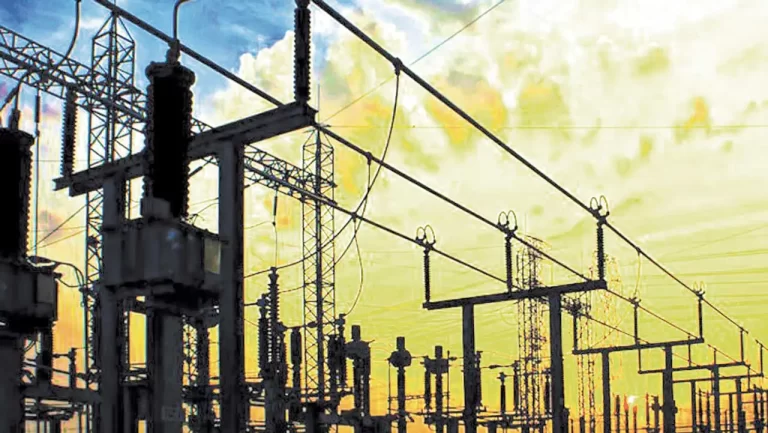A Lagos-based lawyer, Mr Ige Asemudara, has said the organised labour took its Monday and Tuesday strike to the extreme by shutting the national grid.
The lawyer said the action exposed Nigeria to insecurity.
Asemudara, the Founder of Mission Against Injustice in Nigeria, spoke in an interview with NAN on Friday in Lagos.
He said that closing the national grid was not reasonable.
“No matter what you do during a strike, you do not expose the country to insecurity or toy with the safety of a nation.
”If you shut down the national grid, you have exposed the country to insecurity and also toyed with the fragile safety of Nigerians.
“All of the security systems in the country are run by the electrical system; so, when you shut down, you have breached the security of the nation,” he said.
He, however, said the action should not be regarded as unlawful or treasonable since electrical workers had the right to go on strike.
“I saw a fellow who was quoting the Miscellaneous Offences Act stating that anyone who tampers with electrical cables will be jailed for life.
“That law, with the greatest respect, is not effective during a strike but even if it does, it is a law passed under the military regime of Gen. Muhammadu Buhari in 1984-1985.”
He further said the law ought to have been amended.
He said, ” I do not know why that legislation has not been amended since the military regime because it has some of the most unreasonable provisions in human history.
“I will say that strike is lawful but there are some activities which are unlawful that workers should not engage in.
“If you are a worker in a unified environment, you have the right to go on strike and if you are going to strike, what you do is shut down your working facilities.
“For instance, if you work with the Federal Radio Corporation of Nigeria and you want to go on strike, the radio station will not transmit during that period.”
The lawyer said the same thing applied to the companies that constituted the national grid as they would naturally shut down their services.
